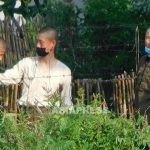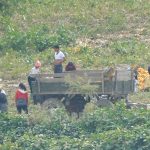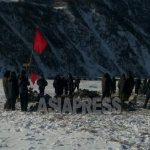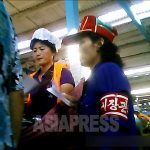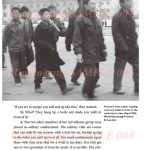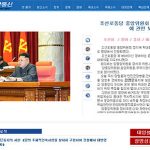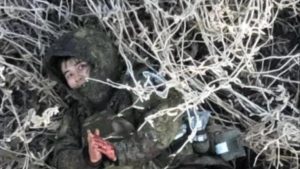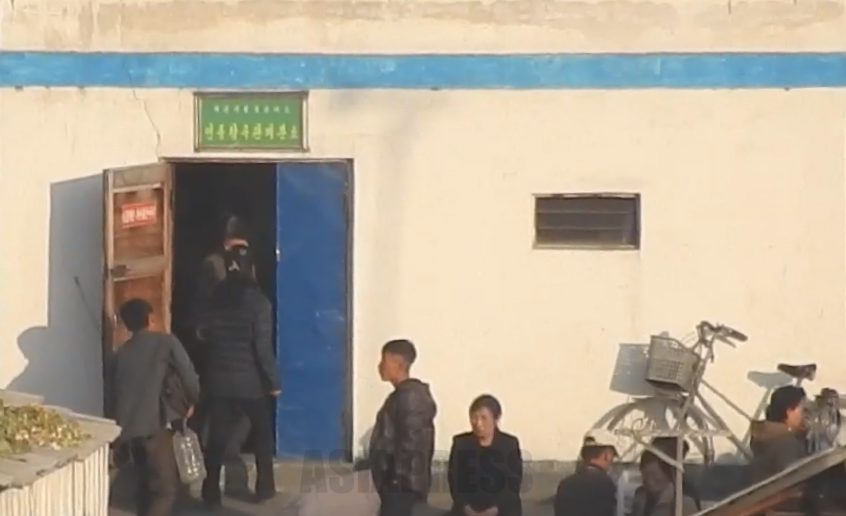
Recent Russian flour imports through Rason (Rajin-Sonbong) have been confirmed as being sold steadily in Ryanggang and North Hamgyong provinces. Flour has also been supplied to Hyesan Mine, North Korea's largest copper mine, and ordinary residents can reportedly purchase 5-10kg per household at grain stores. (JEON Sung-jun / KANG Ji-won)
◆ Hyesan Mine receives Russian flour supply at 9,000 won per kg
Reporting Partner A, residing in Ryanggang Province, reported the following local situation in early June:
"Russian flour has recently been supplied to Hyesan Mine. Flour is also being sold through grain stores, with up to 10kg available per household at 9,000 won per kilogram."
※ As of June 2025, 1,000 North Korean won equals approximately 50 South Korean won.
Hyesan Mine is North Korea's largest copper mine. The fact that Russian flour is being supplied even to major state enterprises suggests that substantial quantities of food are flowing in from Russia.
◆ Grain store sales sluggish due to residents' lack of cash
Reporting Partner B from North Hamgyong Province provided more detailed information about the Russian flour situation in early June:
"The grain stores sell Russian flour that came through Rason once a week. Households can buy 5kg each, but if you specify the purpose, you can purchase 20-30kg."
However, ordinary residents lack cash, making actual transactions at grain stores limited.
Reporting Partner B explained: "Chinese corn and Russian flour are being distributed to state enterprises as labor supplement materials."
※ Labor supplement materials: Refers to incentive goods the state provides to workers beyond regular rations or wages.
◆ Free support for food-shortage households, bread production for priority recipients
Russian flour is also being processed into bread at local factories for free distribution to vulnerable groups, according to Reporting Partner B:
"When flour stored at grain stores isn't sold, local factories sometimes produce bread from it and distribute it free to priority recipients like food-shortage households, the elderly and infirm, honored veterans (disabled veterans), and teachers."
Reporting Partner B added: "Food-shortage households receive about 5kg of free food support monthly, verified by neighborhood unit leaders through district offices."
North Korea has provided large quantities of weapons, including millions of artillery shells, during the Russia-Ukraine war. Since late last year, it has also directly deployed troops to participate in combat. The Russian flour circulating in North Korea is likely compensation for this military support.
While Russian flour may provide some relief to North Korea's food situation, resolving food shortage problems remains difficult due to insufficient cash income and limitations in the distribution system.
※ ASIAPRESS communicates with its reporting partners through Chinese cell phones smuggled into North Korea.
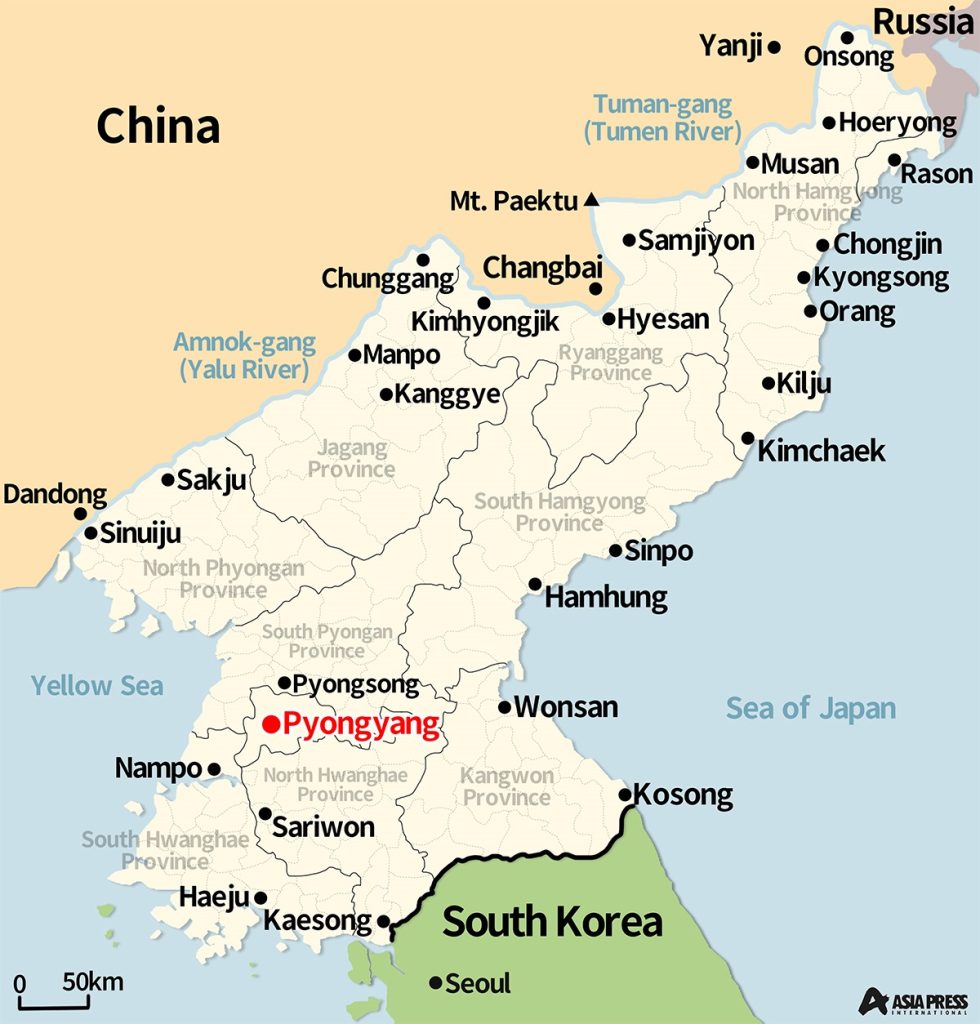
- <North Korea Special>What is the Reality of Kim Jong-un's Agricultural Policy Reform? (1) "Collective" Disappears from Farms Major Revisions to Agricultural Regulations
- <Inside N. Korea>The Rapid Expansion of Online Banking: Tracking Citizens' Money? Kim Regime Accelerates E-Money Adoption
- <Inside N. Korea> Kim Jong-un Harshly Condemns Official Entertainment as "Mega Crime" - Private Restaurant Rooms Shut Down in Hyesan, Citizens React with Skepticism
- Who are the North Korean Soldiers Deployed to Russia? Analysis by a Former 'Storm Corps' Member (1) "POWs Must Be Extremely Confused - Consider Their and Their Families' Human Rights"
- Mysterious Military Industry City Manpo (1) Charcoal Cars Emitting White Smoke, Tightly Closed Trading Point, and Military Checkpoints (9 Photos)
